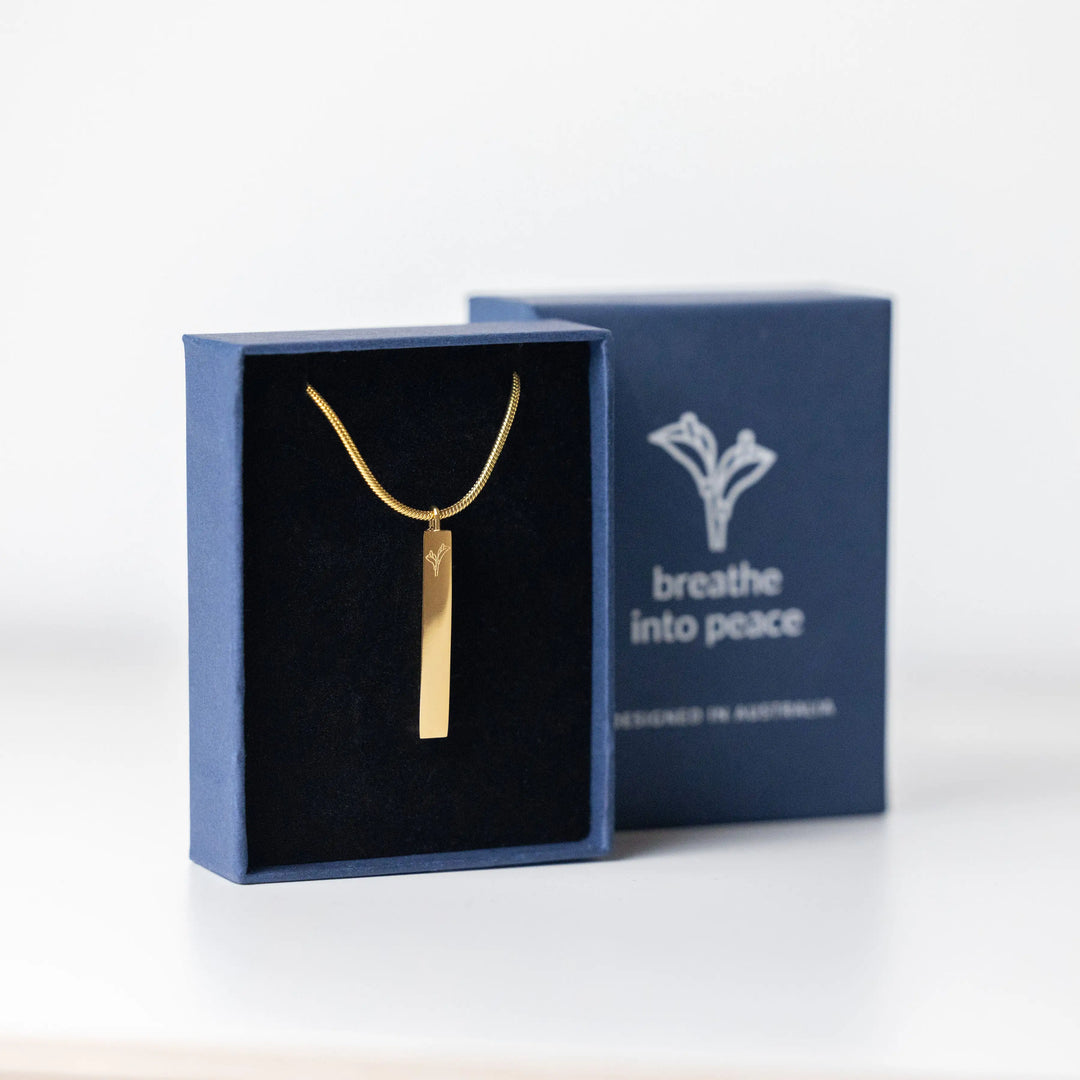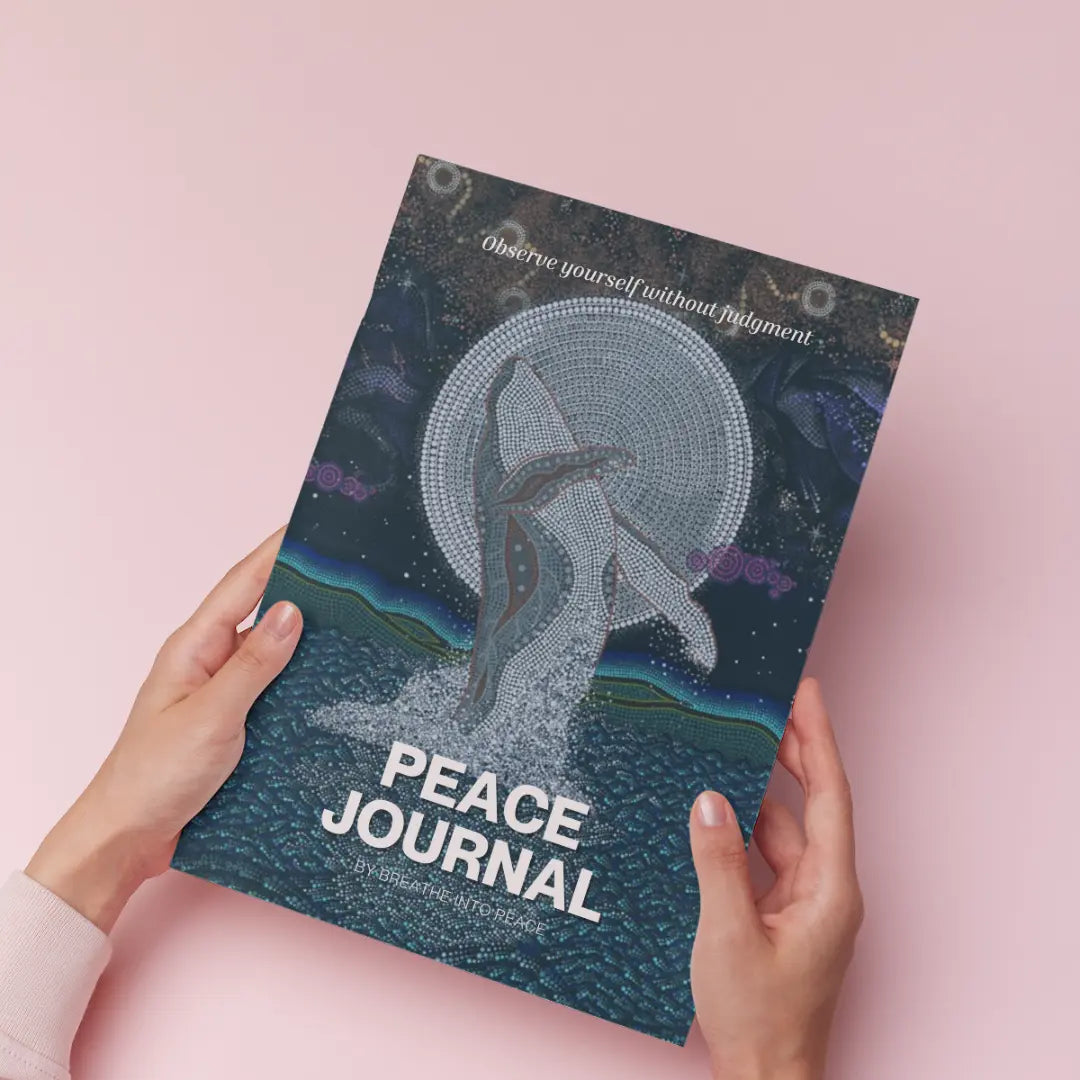This Thanksgiving : The Key To Gratitude and Happiness
This Thanksgiving : The Key To Gratitude and Happiness to Enjoy all Seasons
When it comes to Thanksgiving, the focus is usually on the food. But while the feast is definitely a highlight, there's something even more important that we should concentrate on our gratitude.
This year, let's make Thanksgiving all about being grateful for what we have. By focusing on our blessings, we'll be able to find happiness and peace even amid the chaos of the holiday season.
So take some time this Thanksgiving to think about all you're thankful for – your loved ones, your health, your home, your job – and enjoy celebrating with friends and family. Gratitude and happiness connects our hearts – so give thanks this Thanksgiving!
What Gratitude Does To The Brain
It's no secret that practicing gratitude can positively impact our overall well-being. But did you know that gratitude also directly affects our brain chemistry?
In fact, gratitude and happiness has a profound impact on the brain. Gratitude has been linked with increased serotonin levels, a neurotransmitter that regulates mood.
Additionally, gratitude has been shown to activate the brain stem to produce dopamine, which is our brain's pleasure chemical. The more we think positive, grateful thoughts, the healthier and happier we feel.
Grateful thinking also enlarges the hippocampus, which is associated with learning and memory.
Gratitude Practice: The Three Things You Can Do Every Day To Be Happier
Gratitude practice is a way to slow down and appreciate the people and things we have in our lives. It can take many forms, such as keeping a gratitude journal, saying thank you, or sending a gift. Let's take a closer look at each of these methods.
Gratitude Journals
One way to practice gratitude is to keep a gratitude journal. Every day, take some time to write down three things you are grateful for. It can be something as small as your favorite food or something as big as your happy marriage. Whatever it is, just make sure you focus on positive things in your life. Gratitude journals not only help you appreciate the good things in your life, but they can also help reduce stress and anxiety levels.
Saying Thank You
Another way to show gratitude is by expressing it verbally. Take some time each day to thank the people who make a difference in your life. This could be your spouse or partner, children, parents, or friends. You can also express gratitude for the good things in your life, such as your health, home, or job. Saying thank you is a simple way to show that you appreciate what someone does for you.
Sending Gifts
The third way to show gratitude and happiness is by sending gifts, either material or non-material. For example, you could send a gift card from Breathe Into Peace to purchase a mindful breathing necklace. Breathe Into Peace breathing necklace can be a great gift because it allows the person to be more mindful, and it also allows them to be grateful for what they have and to pause and take deep breaths when needed. This can be an excellent way for them to relax and de-stress and help them focus on the present moment. You could also donate to a charity in someone's name. We donate 2% of our net profit to Beyond Blue, a not-for-profit organization that supports anxiety and depression.
If you have some extra time, you could bake cookies for your neighbor or mow the lawn for an older adult in your community. These acts of kindness show that you are grateful for what others do for you and make the world a better place.
The 3 Wonders Of Gratitude and happiness
Gratitude is more than just a pleasant emotion, though; it actually has tangible benefits for our physical and mental health.
Gratitude Reduces Stress
Expressing gratitude and happiness has been shown to reduce stress levels. A study published in Behavior Research and Therapy found that gratitude interventions (such as keeping a gratitude journal) helped participants recover from stressful events more quickly than those who did not express gratitude. One theory is that gratitude helps to regulate the hypothalamic-pituitary-adrenal (HPA) axis, which is responsible for our stress response.
Gratitude and happiness Improves Sleep Quality
Not only does expressing gratitude reduce stress levels, but it can also help you sleep better at night. A study published in Applied Psychology: Health and Well-Being found that participants who expressed gratitude before bedtime slept better and longer than those who did not express gratitude. Furthermore, they reported feeling more refreshed and less stressed when they woke up in the morning.
Gratitude Increases Happiness Levels
It's no surprise that gratitude makes us happier, but did you know that it actually increases happiness? A study published in The Journal of Positive Psychology found that participants who kept a daily gratitude journal reported higher levels of happiness and satisfaction with life than those who did not keep a daily journal. Moreover, these effects were long-lasting—participants reported higher happiness levels even six months after the study ended.
As we head into the holiday season, let's resolve to make Thanksgiving about more than just turkey and football. This year, let's focus on being grateful for all the good in our lives. Gratitude and happiness puts things into perspective and helps us find peace even amid chaos. And it's not just an emotion – gratitude has real benefits for our physical and mental health. So this Thanksgiving, let's take some time to count our blessings instead of calories. We hope you have a Happy Thanksgiving! To learn more about Breathe Into Peace breathing necklace, click here to purchase.





Leave a comment